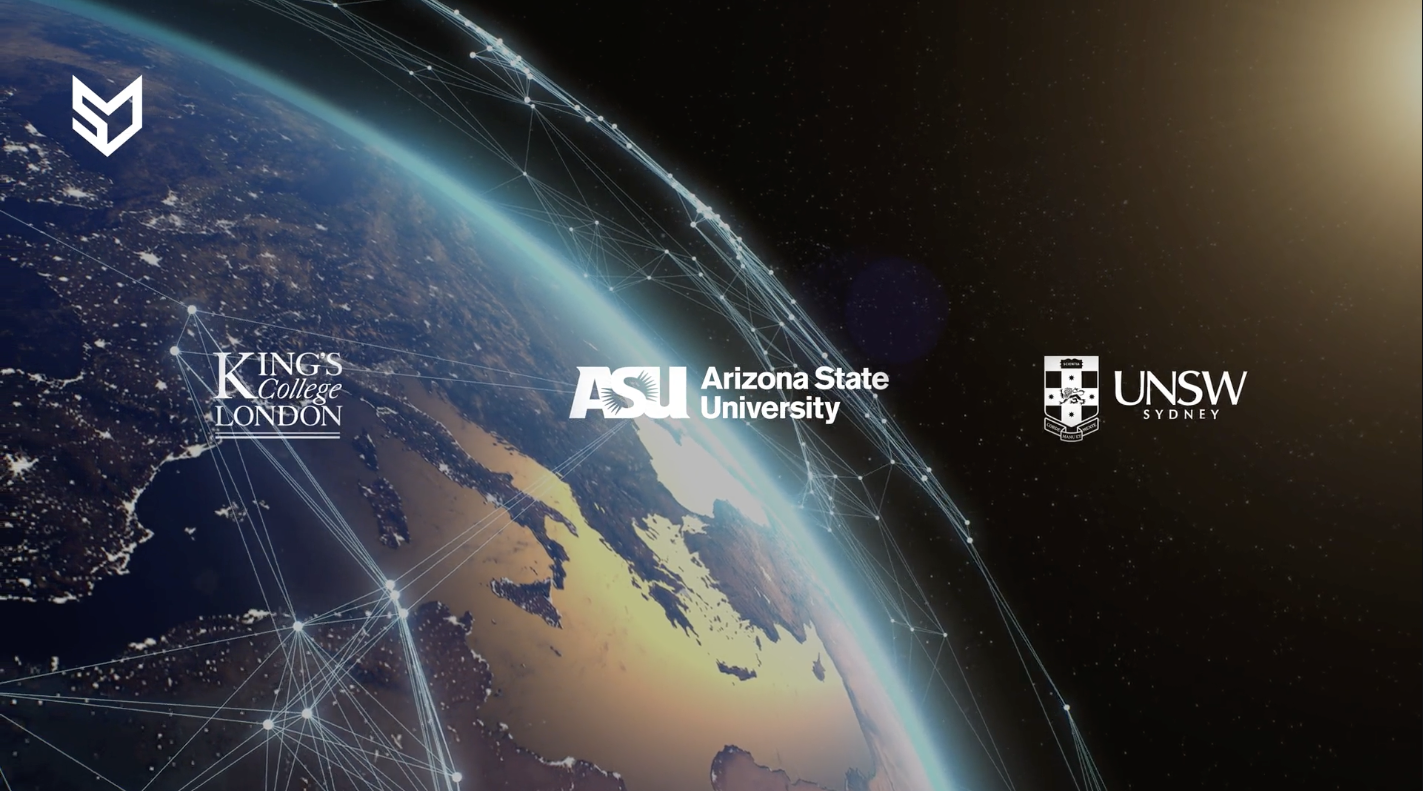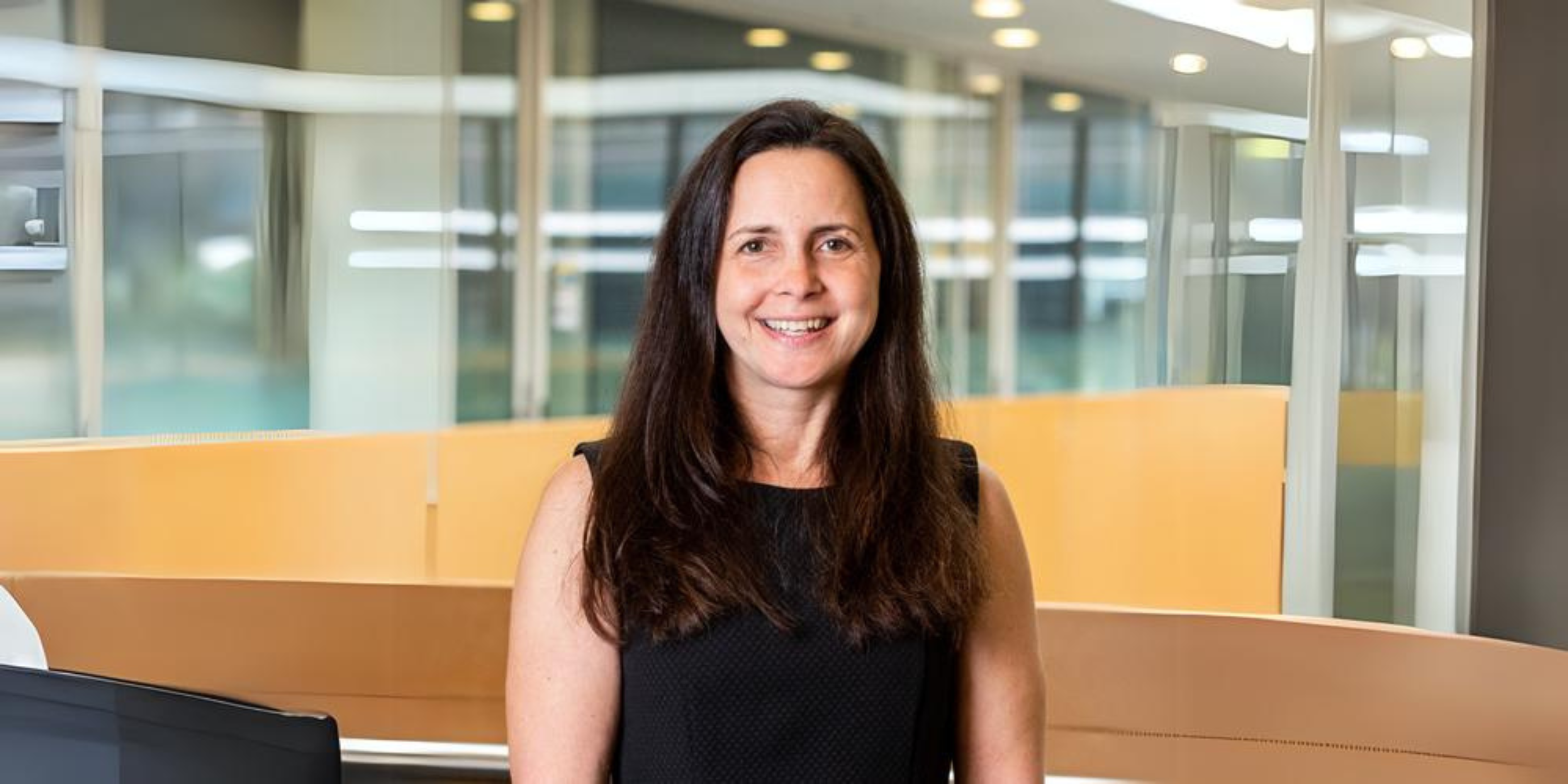PLuS Alliance Prize 2017 Shortlist Announced
The PLuS Alliance has announced the shortlists for its inaugural Prize in Education Innovation and Research Innovation.
The nominees have demonstrated significant work that effect solutions to global challenges, a key focus of the PLuS Alliance and its mission. The projects range from a psychiatry role-playing teaching model using amateur and professional actors, to a digital library broadcasting education pages in remote communities, and an interactive STEM game for students and teachers.
The PLuS Alliance Prize of USD $50,000 will be awarded to two applicants with submissions that address a globally-significant issue; make a direct and positive impact on the world; and help, or has the potential to help, communities globally.
Paul Ramadge, Managing Director of the PLuS Alliance, said: “We’ve been highly impressed with the calibre of nominees and range of projects put forward for this year’s Prize. There has been some incredible innovation highlighted, from social enterprise to tech and environmental break-throughs. We are looking forward to unveiling the winners in September.”
The Prize is one of the many initiatives from the PLuS Alliance that works to make a positive and lasting contribution to global innovation. Established in February 2016, the PLuS Alliance focuses on building interdisciplinary collaborative projects in education and research in areas such as sustainability, global health, social justice, and technology and innovation.
The judging panel comprised: Managing Director of Silicon Valley Connect, Ellen Levy, who works with organisations and entrepreneurs on opportunities for networked innovation; NSW Chief Scientist, Professor Mary O’Kane, who is a company director and Executive Chair of O’Kane Associates; and Mr Tim Irish, who has worked for 30 years in the healthcare industry, recently as Chair of the Board of Directors of Nexstim Plc. The three Presidents of the PLuS Alliance universities completed the panel of six experts in innovation and enterprise.
Professor Michael Crow, President, Arizona State University, said: “The Prize entrants embody everything that the PLuS Alliance stands for: academic achievement, leading research and innovative solutions to pressing issues. The level of competition for our inaugural Prize is extraordinary.”
Professor Ed Byrne, President and Principal, King’s College London, continued: “The level of innovation displayed in the Prize’s first year has been outstanding. The PLuS Alliance works to make a positive contribution to global innovation; these candidates are helping us take this journey.”
Professor Ian Jacobs, President and Vice-Chancellor, UNSW Sydney, said: “I am delighted that we have this PLuS Alliance Prize scheme underway to recognize outstanding innovation. We look forward to announcing the first winners and to recognizing talent and impact in future years.”
The winners will be announced on 3 September in London at an award ceremony held at the Times Higher Education World Academic Summit.
The shortlisted candidates selected for the inaugural PLuS Alliance Prize are:
Education Innovation
Arludo
Michael Kasumovic | UNSW Sydney
Empowering teachers and inspiring students with mobile technology. Arludo creates interactive and engaging STEM (science, technology, engineering and maths) games that make learning exciting.
ASPIRE
Ann Jardine | UNSW Sydney
Changing lives by degrees. A social justice program that takes a unique approach in addressing the educational disadvantage within Australian society.
Extreme Psychiatry
Extreme Psychiatry Centre | King's College London
A teaching innovation, whose model has been refined annually over 12 years, in response to iterative learner and educator feedback.
PlayMed
Keith Ooi | UNSW Sydney
Bridging the gap between student and doctor with serious games. A novel online experiential role-playing game designed to educate medical students through experience-based learning in a virtual hospital.
SolarSPELL
Laura Hosman | Arizona State University
Solar powered educational learning library for remote, unconnected regions. A portable, ruggedized, solar-powered digital library that broadcasts a webpage, over a WiFi hotspot, with open-access educational content.
Research Innovation
Early warning of hypertension and shock in pregnant women with the novel CRADLE device
Andrew Shennan | King's College London
A hand-held device, which measures blood pressure and pulse, detecting hypertension and shock with an early-warning traffic light system.
Hot-wiring microbial communities for enhanced biogas production
Mike Manefield | UNSW Sydney
The use of microorganisms to convert coal, food, agricultural and sewage waste to gas is an up-coming, innovative technology in nations across the wealth spectrum because of its simplicity and sustainability.
Non-injectable naloxone to prevent heroin/opioid overdose deaths
John Strang | King's College London
Worldwide, 106,000 people die from opioid overdose annually. Take-home naloxone is now a widely accepted public health strategy, but its sole availability as injection has obstructed implementation. This research addresses that issue.
Pioneers of silicon quantum computing
Andrea Morello and Andrew Dzurak | UNSW Sydney
Large-scale quantum computation is described as the space race of the 21st century. It has the potential to address global challenges including climate change and disease by enabling the design of new catalysts and medicines at a molecular level.
The new science of green manufacturing
Veena Sahajwalla | UNSW Sydney
Recycling science to enable global industries to safely utilise toxic and complex wastes as low cost alternatives to virgin raw materials and fossil fuels.


